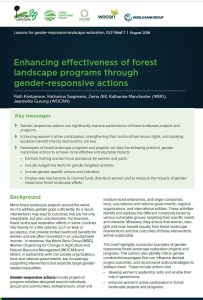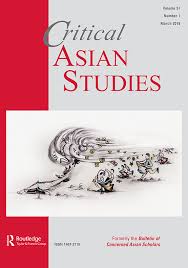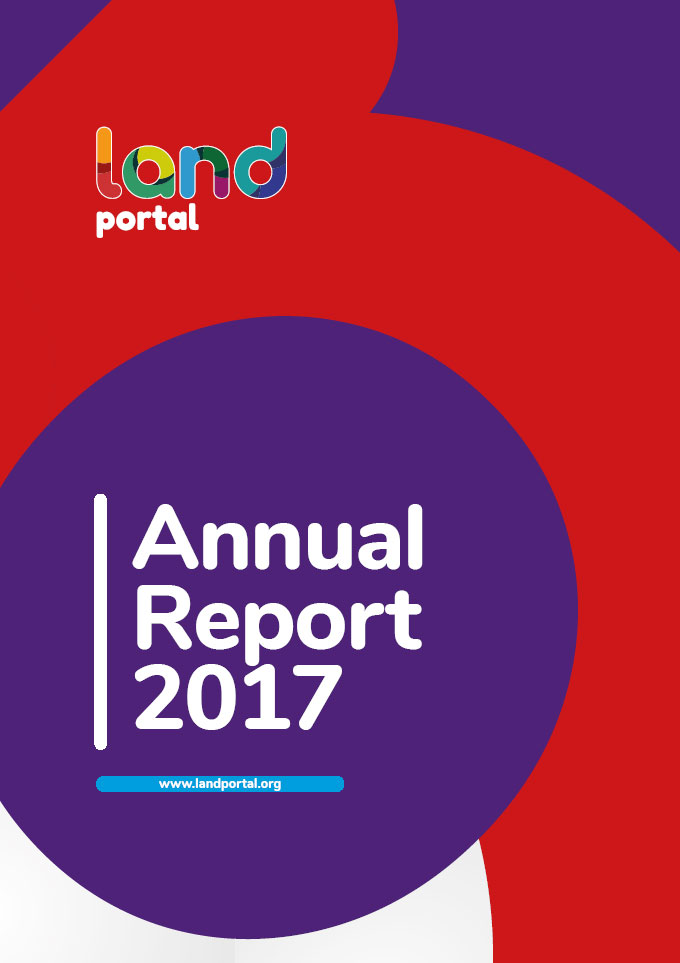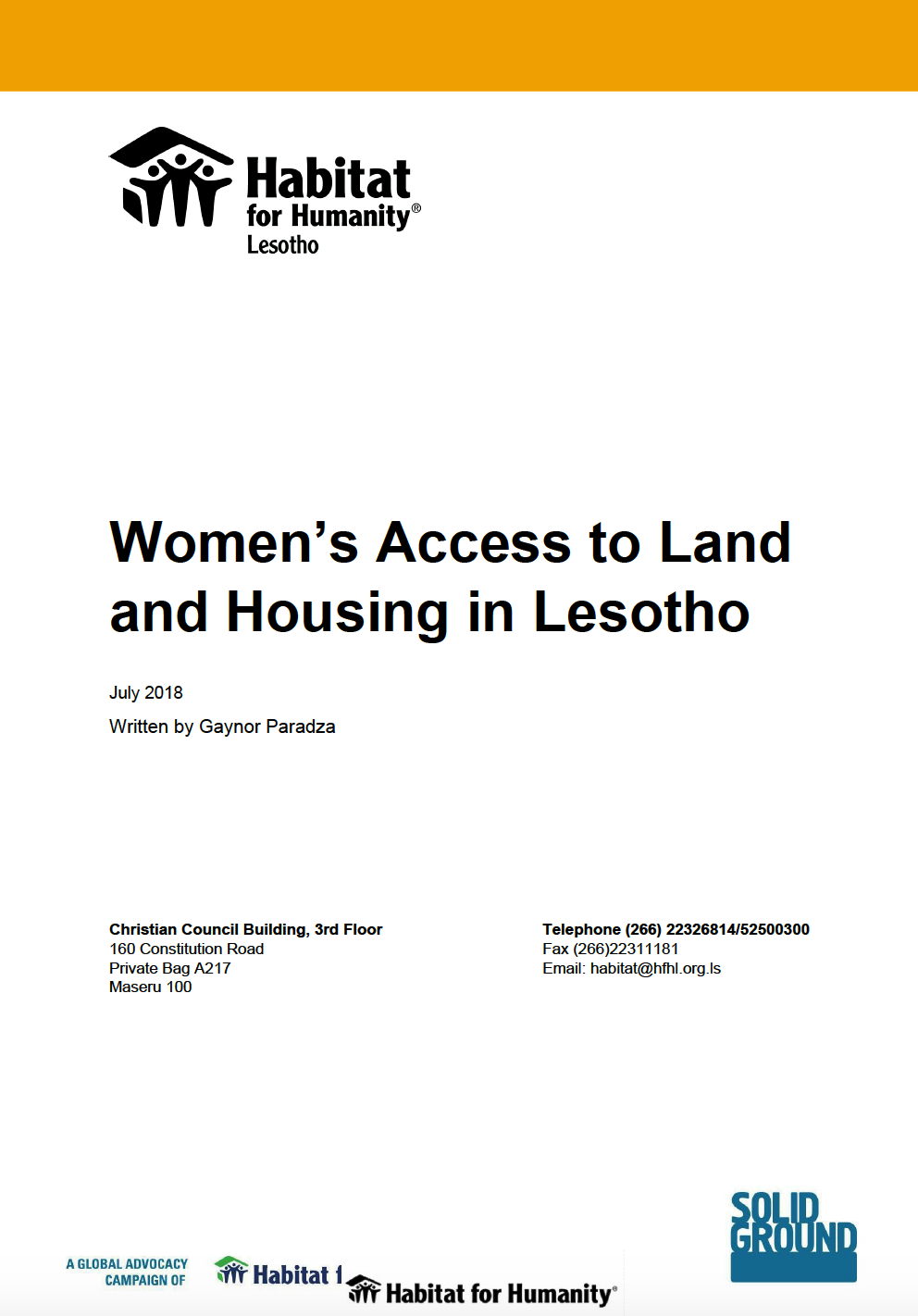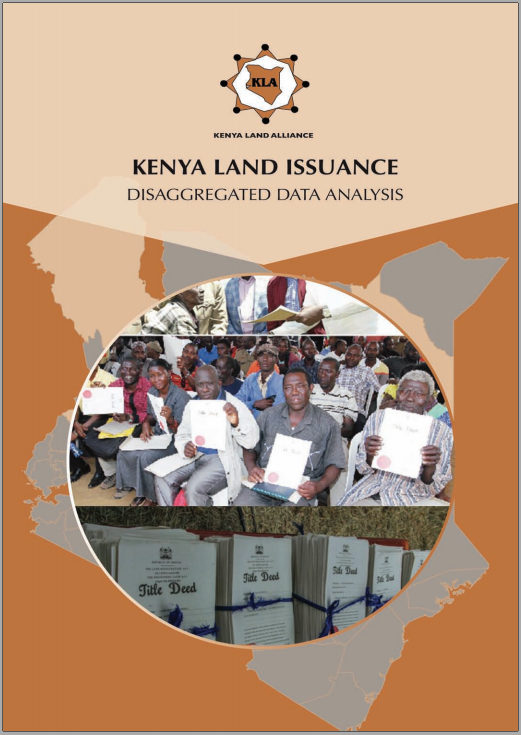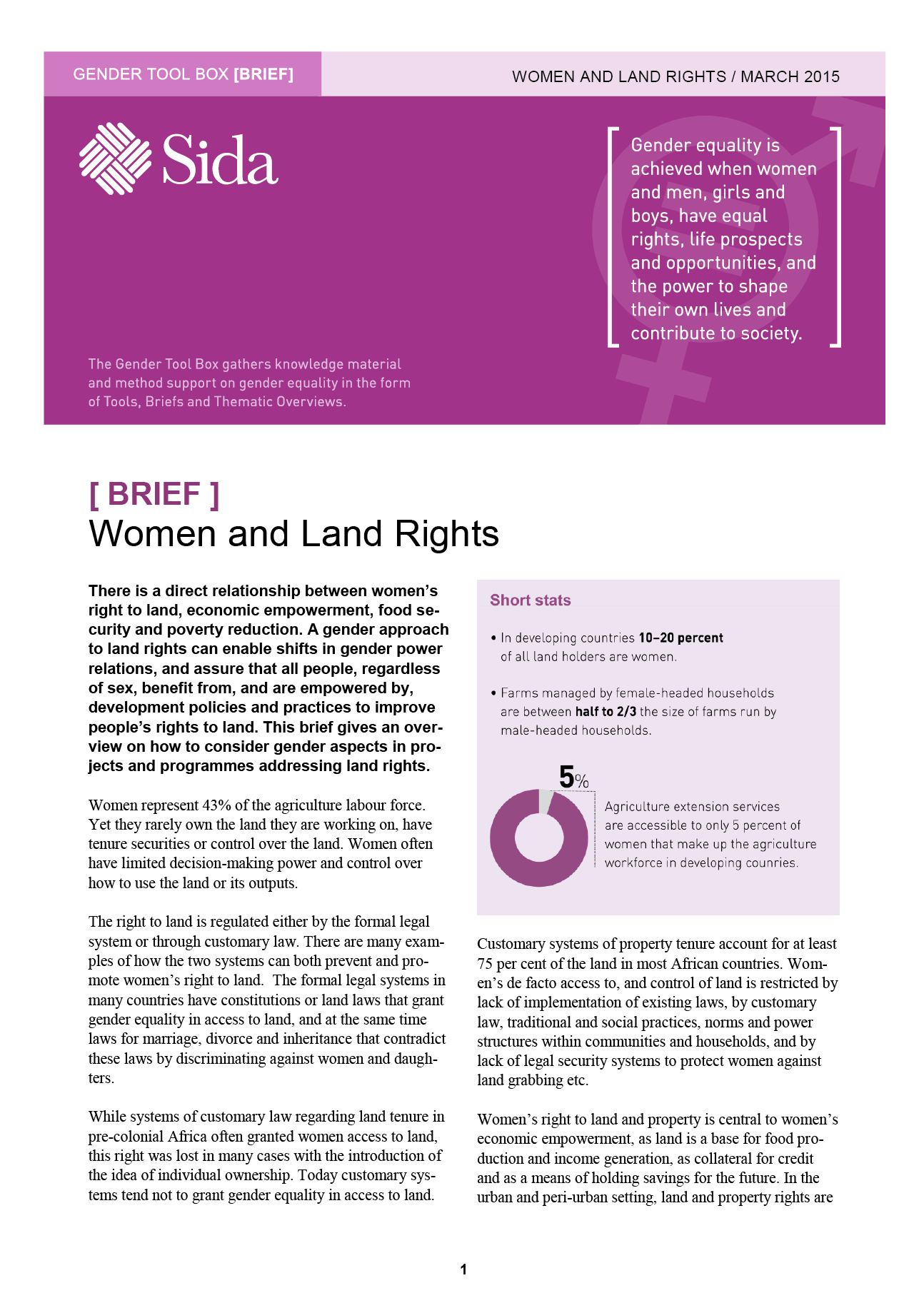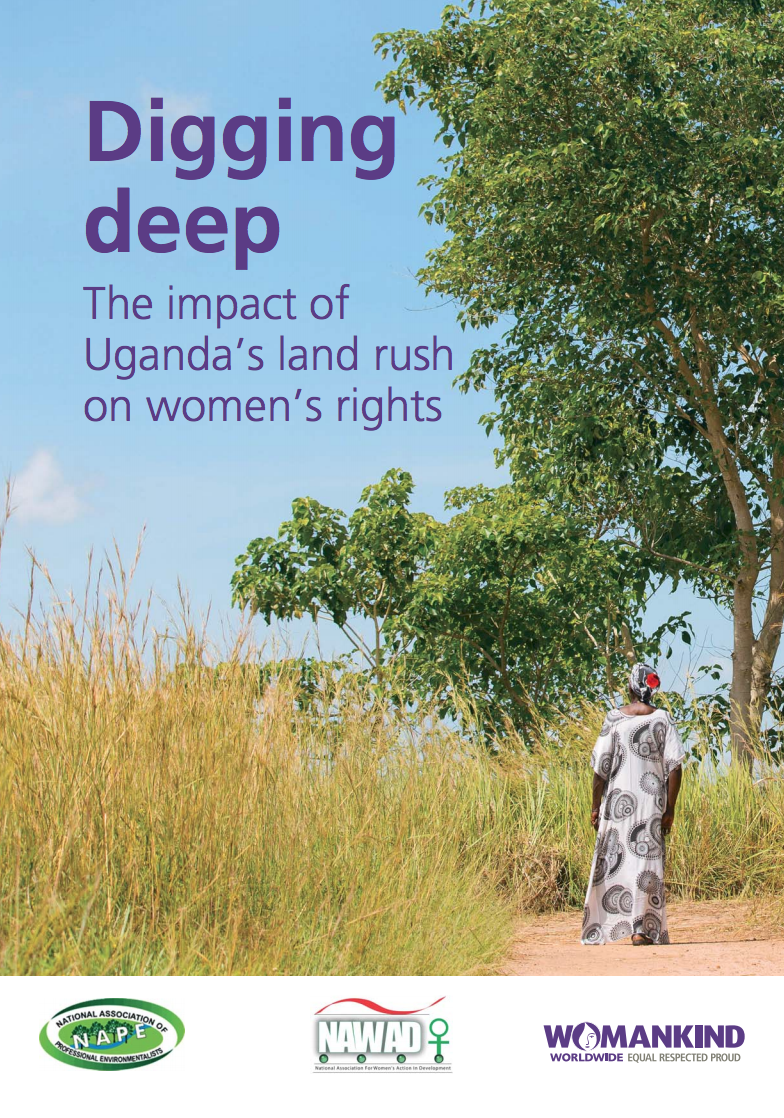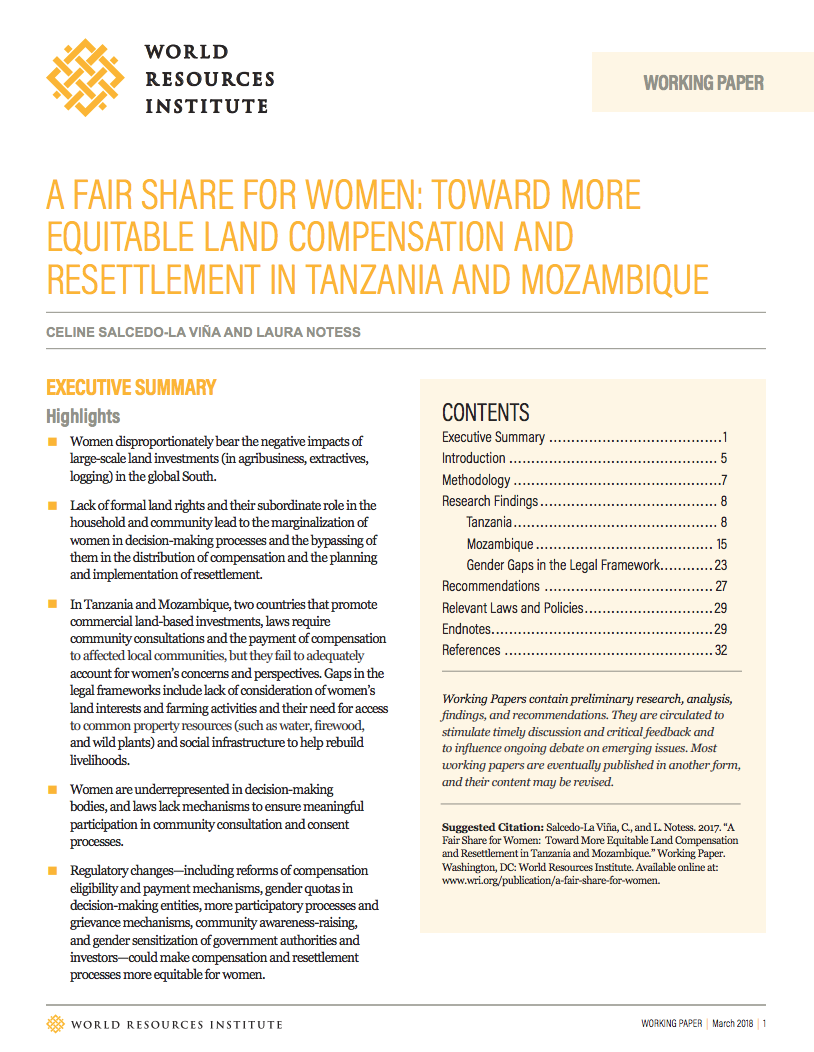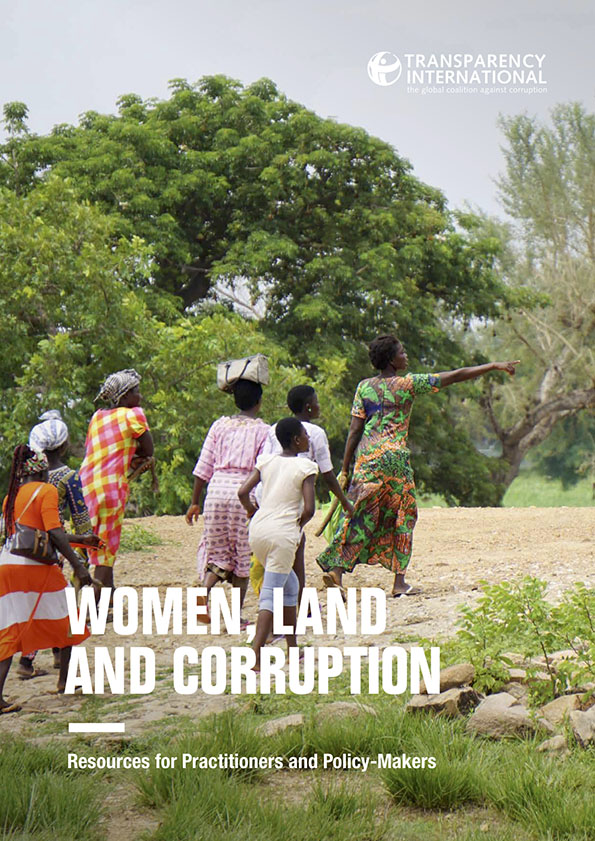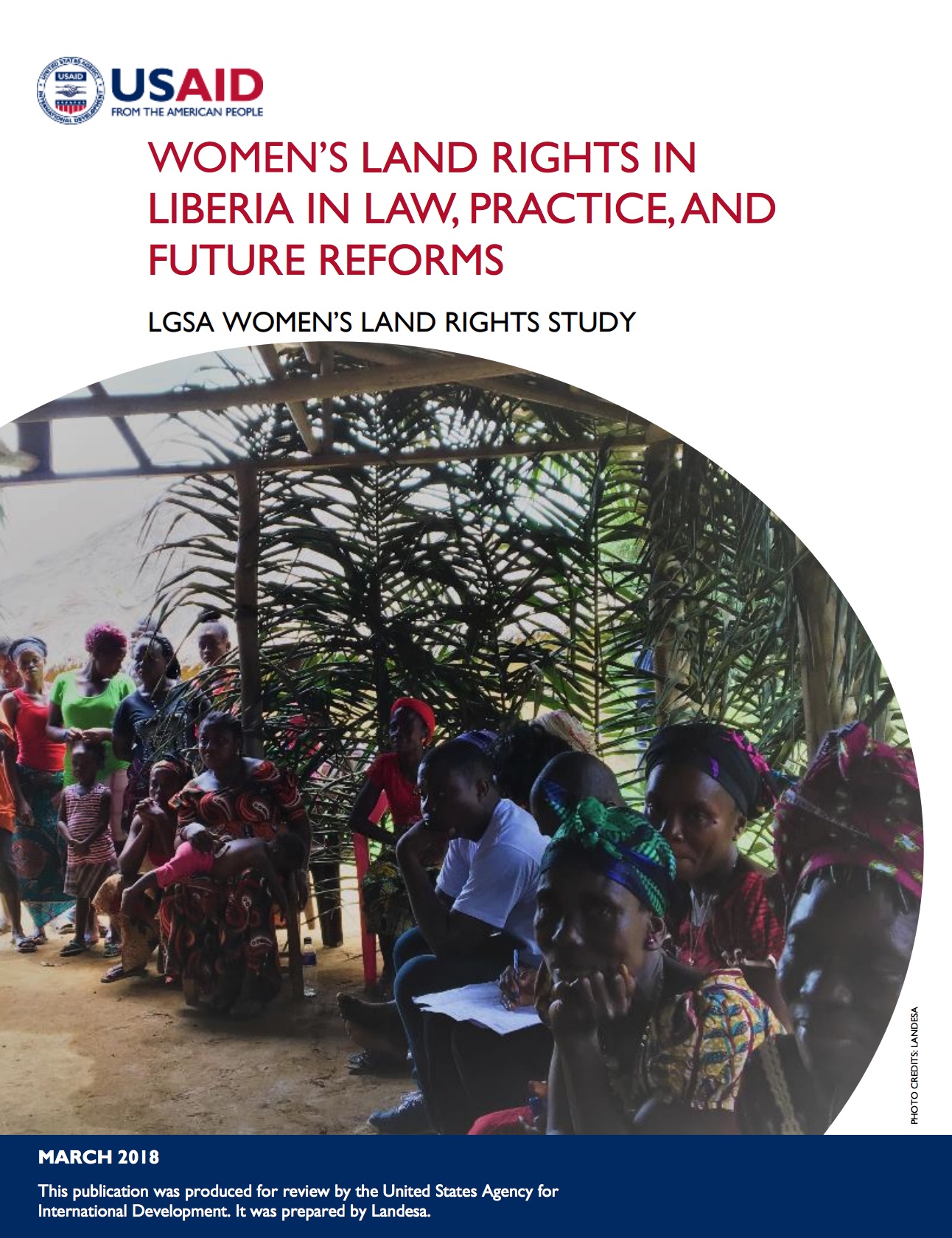Enhancing effectiveness of forest landscape programs through gender-responsive actions
Many forest landscape projects around the world do not address gender gaps sufficiently. As a result, interventions may lead to outcomes that are not only inequitable, but also unsustainable. In response, the World Bank Group (WBG), Women Organizing for Change in Agriculture and Natural Resource Management (WOCAN) and others, in partnership with civil society organizations, local and national governments, are increasingly supporting interventions that explicitly target gender-related inequalities.

